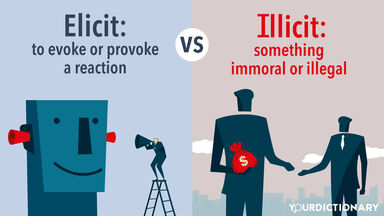Arrest Definition
- warrant
- securement
- sanctuary
- restriction
- restraint
- prevention. associatedwords: capias
- duress
- delay
- custody
- containment
- stoppage
- capias
- arrestment
- arrestation
- stay
- in legal custody, as of the police
Idioms, Phrasal Verbs Related to Arrest
Origin of Arrest
-
From Old French arester (“to stay, stop”), from Vulgar Latin *arrestare, from Latin ad- (“to”) + restare (“to stop, remain behind, stay back”), from re- (“back”) + stare (“to stand”), from Proto-Indo-European *steh₂- (“to stand”).
From Wiktionary
-
Middle English aresten from Old French arester from Vulgar Latin arrestāre Latin ad- ad- Latin restāre to stand still (re- re-) (stāre to stand stā- in Indo-European roots)
From American Heritage Dictionary of the English Language, 5th Edition
Find Similar Words
Find similar words to arrest using the buttons below.





